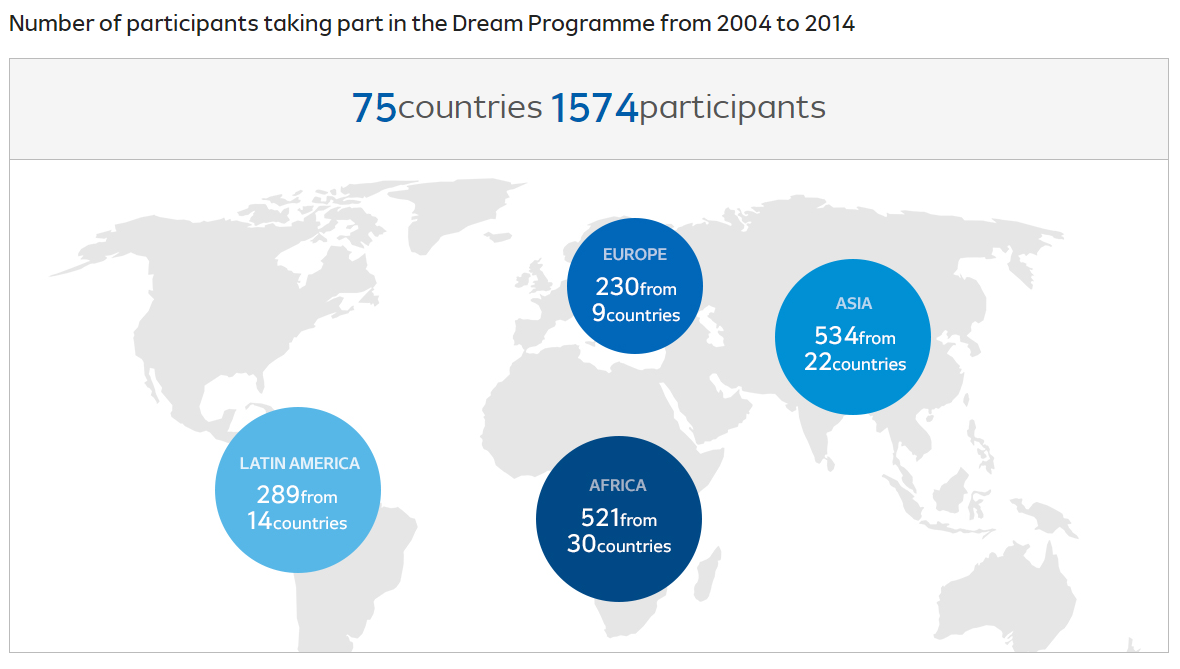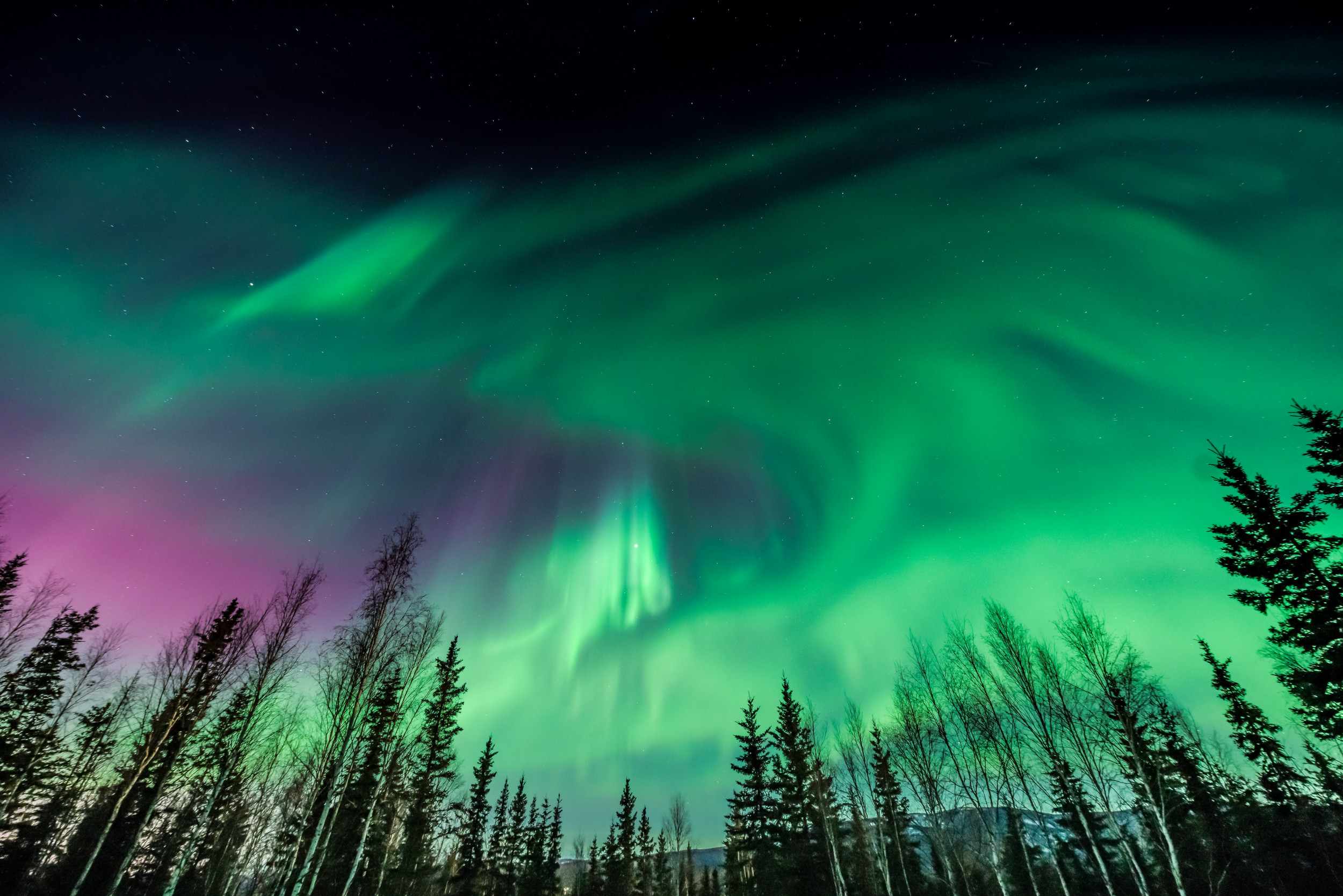
A map on the Pyeongchang 2018 Winter Olympics website did not feature Japan for more than 10 days, until the Japan Sports Agency requested a correction following alerts from the public on Wednesday.
The map was displayed on the "Dream Programme" page, an initiative of the South Korean Olympics' organizing committee meant to encourage young people to participate in winter sports in areas of the world where they aren't traditionally practiced, from South East Asia to Africa to Latin America.
It is unclear when exactly the page first went live, but the Internet Archive's Wayback Machine first captured a version of the page on September 15, and then again several times on September 26. The map was amended to include South Korea's neighbor Japan on September 27, after Japanese officials demanded a correction via the South Korean Embassy in Tokyo, as the Associated Press reported.
New Zealand's South Island is also cut off from the map due to the image's odd sizing, and neither Japan nor New Zealand participated in the Dream Programme the map was supposed to represent.
Official map of #Pyeongchang Olympics omits #Japan, triggering diplomatic protest (#NewZealand: "meh, nothing new")https://t.co/BIAY1p7ZjU pic.twitter.com/jOaHEXXAVi
— Phillip Lipscy (@PhillipLipscy) September 27, 2017
A Pyeongchang organizing committee official told AP the omission was the result of a "simple mistake" due to changes in image files when organizers updated the Olympics website in February.
This is not the first time Japan has protested a map on the Olympics' website. In January, Japanese Foreign Minister Fumio Kishida questioned the naming of islands that are in dispute between his country and South Korea.
The Pyeongchang website uses the South Korean names for both of the islands—known as Takeshima in Japanese and Dokdo in Korean—and the sea in which they are located, commonly referred to the Sea of Japan, but known as East Sea in South Korea.
The dispute over the islands stems from the time of Japanese rule of the Korean Peninsula, between 1910 and 1945, which remains a source of friction between Japan and South Korea, including over the historical commemoration of the so-called comfort women the Japanese military took from their colonies and forced into prostitution during World War II.

Relations between South Korea and Japan were strong enough that the two countries co-hosted another major sporting event, the 2002 FIFA World Cup, but the Pyeongchang organizers rejected a similar proposal from the International Olympic Committee in 2014, which had suggested hosting some of the events in Nagano, the Japanese host of the 1998 Winter Games, as a cost-saving measure.
In July, South Korean President Moon Jae-in expressed interest in working together with North Korea to co-host sporting events, either some of the skiing events during the Winter Olympics or bidding together to host the 2030 FIFA World Cup. Moon sees the Olympics as a way to "send a message of reconciliation and peace to the world," as he said at an event promoting the competition in New York earlier this month.
North Korean athletes have so far failed to qualify for any Olympic events, with most of the country's hope for participation resting on figure skaters' shoulders. Moon would like to see the North and South Korean delegation entering the stadium together, as they did for the 2006 Winter Olympics in Turin, Italy. "I want to see the same glory again," he said in July, as quoted in The New York Times. "I want to feel the same Olympic sensation."
Uncommon Knowledge
Newsweek is committed to challenging conventional wisdom and finding connections in the search for common ground.
Newsweek is committed to challenging conventional wisdom and finding connections in the search for common ground.
About the writer
Sofia Lotto Persio reports mainly on Asia and gender issues for Newsweek. She previously covered international affairs with a specific ... Read more





